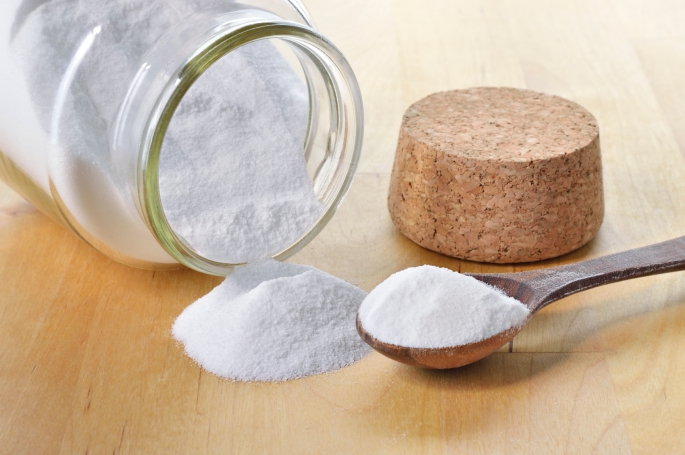What Doctors Don’t Tell You is a monthly magazine which publishes the latest healthcare news, alongside information on complementary therapies and alternative medicines, with a host of features and stories written by leading experts and highly-respected regular contributors.
WDDTY began as a newsletter, with the first issue being published at the end of 1989 by best-selling author Lynne McTaggart and her husband, former Financial Times journalist Bryan Hubbard. Since then, it is now the largest magazine of its kind in the UK, sold in 14 countries worldwide. They aim to bring their readers world-leading research and ground-breaking news.
I thought their latest post which appeared on my Facebook news feed today sounded like some beneficial information we could all use about how to alkalize our body. Check it out!
The powerful healing properties of baking soda
September 4th, 2018, 16:58
288 views
Innovations are often described as being the best thing since sliced bread—but what was the best thing before sliced bread? My money is on an ingredient that helps make the bread in the first place: baking soda (or bicarbonate of soda). It’s the rising agent for bread and cakes that also doubles as a potent drain de-clogger
But it’s not because of its capabilities with ovens and drains that baking soda gets my vote—it’s because baking soda is one of the very best ways to help improve your health. In fact (hyperbole alert), it could even be the aspirin of alternative health.
It’s an antacid that helps ease indigestion and also keeps the blood alkaline. Taken in modest amounts (half a teaspoon diluted in a glass of water), it doesn’t have any nasty side-effects, and best of all, it’s cheap!
I ordered some from Amazon and just saw the words ‘pharmaceutical grade‘ without noticing the quantity. A day or so later, a bucket of the stuff arrived, which is enough to see me out for the rest of my life and bequeath the balance to my children, who, in turn, should still have enough left over to mention it in their wills. And all that for just $21 (£15).
Your local nephrologist (kidney specialist to you and me) already knows about the healing powers of baking soda—it’s routinely prescribed to kidney patients to help keep their blood alkaline. Their kidneys can’t properly balance compounds like acid, potassium, and sodium, and so they run a higher risk of developing heart disease and osteoporosis from increased acidity. Baking soda restores the balance.
Researchers at the Medical College of Georgia got to thinking: what was it about baking soda that slowed the progress of kidney disease? They actually found out something else of even more significance in the process.
They started out by giving small doses of standard-issue baking soda (available in any store that sells groceries) first to laboratory rats and then to a group of healthy medical students. The baking soda started to change the immune system’s inflammatory responses—which, when out of kilter, can cause arthritis, heart disease, and some cancers, and this calming effect was seen in the rats as well as in the human study participants.1
To be precise, the baking soda communicated with the cells that sit on the surface of the spleen, known as mesothelial cells. These cells line all of our body cavities, and they cover all the major organs to stop them from rubbing together.
The microvilli can warn the organ they’re covering that there’s an alien invader around and that the immune system needs to launch an inflammatory response.
Of course, inflammation can also be a ‘good’ thing and part of the healing process. When the microvilli detect danger, macrophages are released. They act like the body’s garbage trucks—they sweep up the debris from injured or dead cells and are among the first responders on the scene when an immune response is needed.
The day is fast approaching when baking soda is prescribed to anyone with an auto-immune problem, the researchers believe, which includes rheumatoid arthritis, multiple sclerosis, psoriasis, inflammatory bowel disease, pernicious anemia, and celiac disease.
Best thing before sliced bread? You betcha—and afterward, too.
Bryan Hubbard is Publisher and co-editor of What DoctorsDon’t Tell You. He is a former Financial Times journalist. He is a Philosophy graduate of London University. Bryan is also the author of several books, including The Untrue Story of You and Secrets of the Drugs Industry.

